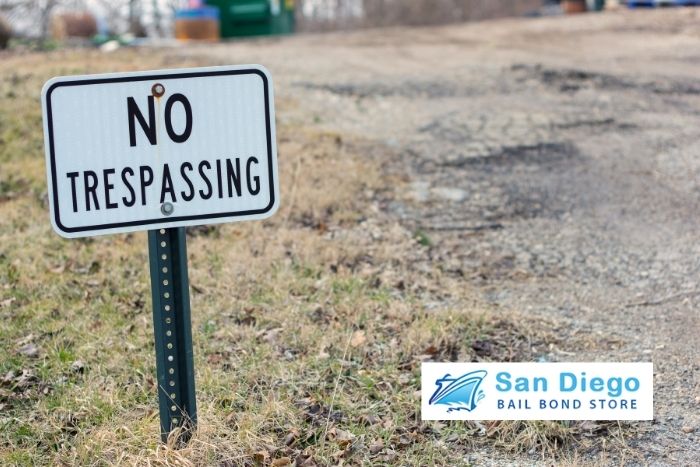30 Jun Safe Hiking Tips for California’s Trails
California has some of the most beautiful hiking trails in the world. The summertime provides you with the perfect excuse to hit those trails and enjoy some high-quality hikes. Before you do, make sure you take a few minutes to consider your safety.Be Realistic About...
30 Jun Summer Camping Safety Tips
Camping is a great way to enjoy both the fantastic summer weather and breathtaking beauty California has to offer. The great thing about camping is that it’s also affordable and usually something you can do at the spur of the moment. The key...
28 Jun Prepare Your Pets for Fireworks
The Fourth of July is right around the corner which means people are going to set off fireworks. Even if you have no intention of being around fireworks, you need to take steps to protect your pets from them. Don’t assume that just because your...
16 Jun Negligent Discharge of a Weapon in California
- Up to three years in jail
- A fine that could be as large as $10,000
- Felony probation






